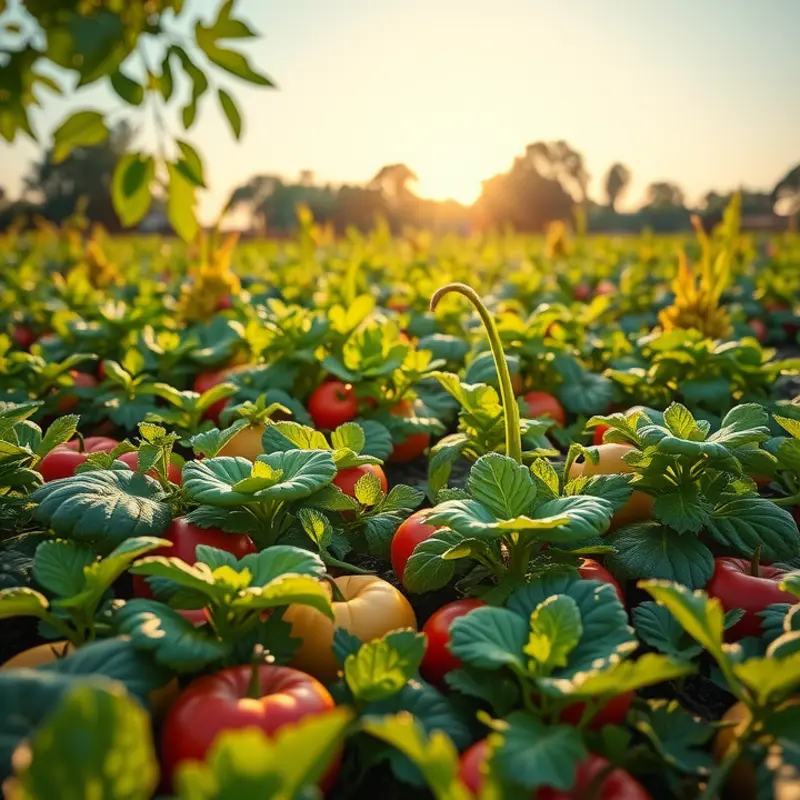Beans are a staple in many diets, praised for their high protein and fiber content. However, there’s a common concern regarding whether cooking beans diminishes their nutritional value. This exploration clarifies how cooking impacts vital nutrients in beans and offers insights to help you maintain their health benefits in your meals.
Nutritional Powerhouse: Understanding Beans

Beans are often hailed as a nutritional powerhouse due to their rich nutrient profile. These legumes are packed with essential vitamins and minerals, making them a valuable addition to any diet. Beans are an excellent source of protein, offering a plant-based alternative for those looking to reduce meat consumption or adhere to vegetarian and vegan lifestyles. Their protein content not only aids in muscle growth and repair but also helps in maintaining overall health.
Besides protein, beans are renowned for their high fiber content, which plays a crucial role in maintaining digestive health. Dietary fiber found in beans promotes bowel regularity, helps control blood sugar levels, and can aid in weight management by prolonging the feeling of fullness. This makes beans not only a nutritious option but also a practical choice for those managing their caloric intake.
The vitamin and mineral profile of beans is impressive. They provide significant amounts of folate, iron, magnesium, and zinc, which are pivotal for various bodily functions. Folate is essential for DNA synthesis and repair, critically important during periods of rapid growth such as pregnancy. Iron is crucial for the production of hemoglobin, which transports oxygen in the blood. Magnesium and zinc contribute to bone health, immune function, and numerous biochemical reactions in the body.
Cooking methods can impact the nutrient retention in beans. One common method is boiling, which can sometimes cause losses in water-soluble vitamins such as folate. To mitigate this, it’s advisable to use the cooking liquid in soups or stews to retain these nutrients. Pressure cooking is another popular technique that reduces cooking time and preserves more nutrients compared to traditional boiling. This method also breaks down anti-nutrients like phytic acid that can inhibit mineral absorption, enhancing the overall nutritional value of beans.
Soaking beans before cooking has additional benefits. It can reduce cooking time and improve digestibility by minimizing compounds like oligosaccharides, which are often responsible for gastrointestinal discomfort. In essence, soaking can enhance the nutritional uptake and enjoyment of beans.
For those who are interested in the broader aspects of meal preparation and efficient cooking, exploring quick meal adaptability can offer insights into integrating beans seamlessly into various recipes.
Incorporating beans into your diet is not only a step towards better health but also an opportunity to enjoy a versatile ingredient that matches with numerous cuisines and cooking styles. Whether you’re looking to boost your intake of plant-based proteins or simply add variety to your meals, beans are an undeniable ally in nutritional well-being.
The Cooking Process: Nutrient Changes in Beans

Cooking beans is an artful balance between enhancing digestibility and preserving their nutritional profile. Choosing the right cooking method can significantly influence the nutrient content, including essential vitamins and minerals. Boiling is a common method, often preferred for its simplicity and effectiveness in reducing anti-nutrients like phytic acid. However, extended boiling can lead to a loss of water-soluble vitamins such as folate. To minimize this nutrient loss, use the smallest amount of water necessary and keep the cooking time to a minimum once beans are tender.
Soaking is usually a precursor to boiling and helps in reducing cooking time. Prolonged soaking can reduce some of the vitamins and minerals through leaching, particularly if the water is discarded. To retain nutrients, try a shorter soak with less water or utilize the soaking liquid in the cooking process.
Pressure cooking is another efficient method. It significantly reduces cooking time, which in turn, better preserves temperature-sensitive nutrients like folate. Moreover, pressure cooking helps in breaking down anti-nutrients faster, which can enhance the bioavailability of minerals like iron. This method, while efficient, requires careful monitoring to ensure beans are not overcooked, which can diminish their nutrient density.
For those interested in maximizing the nutritional benefits of beans while minimizing losses, a few practical tips can be employed:
- Combine soaking and pressure cooking techniques to optimize both nutrient retention and digestive ease.
- Re-use soaking water in your cooking to retain leached vitamins and minerals.
- Avoid adding salt during the cooking process as it can toughen beans and extend cooking time, which may lead to more nutrient loss.
- Incorporate flavoring ingredients like herbs and spices during cooking to not only enhance taste but also provide additional nutritional benefits.
Maintaining food safety is equally important while striving for nutritional optimization. Ensure beans are cooked thoroughly to eliminate harmful toxins like lectins. A quick visual guide can help identify when beans are fully cooked—most should be tender but not mushy.
For further insights on optimizing kitchen techniques for better nutrition and efficiency, explore more cooking tips and tricks here. This resource provides broader applications that may augment your daily cooking and nutritional practices.
In summary, while cooking methods alter the nutrient composition of beans, informed choices and techniques can enhance their nutritional value while ensuring safety and palatability.
Final words
Cooking beans is often essential for digestibility and food safety, and while some nutrients can be affected, the overall health benefits remain significant. By choosing appropriate cooking methods and managing cooking times, you can enjoy the nutritional advantages of beans without compromising their value. Ultimately, incorporating beans into your diet remains a delicious and healthful choice that supports overall wellness.








